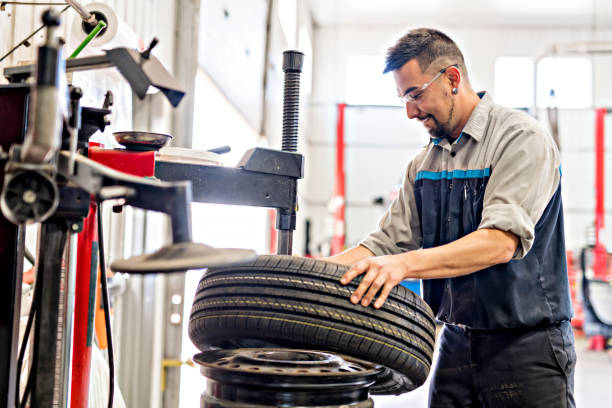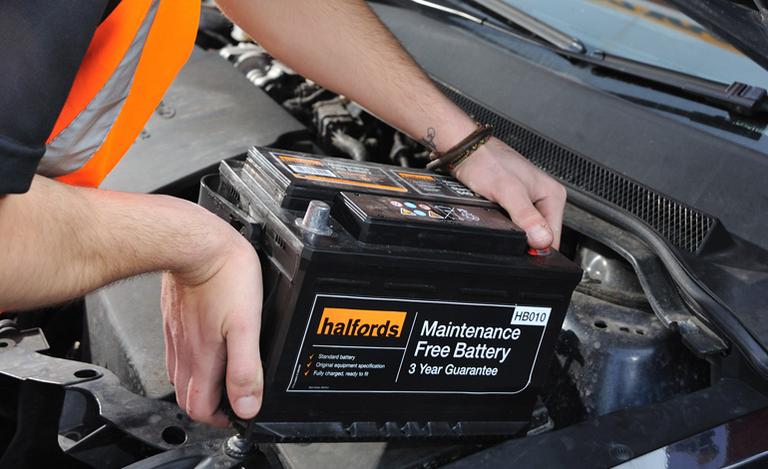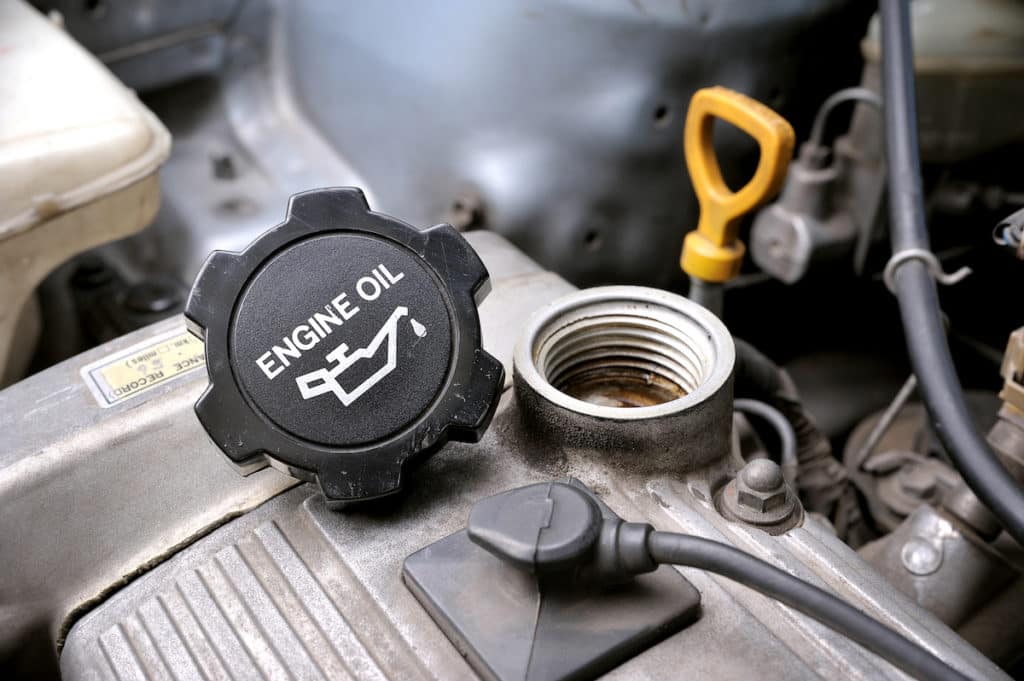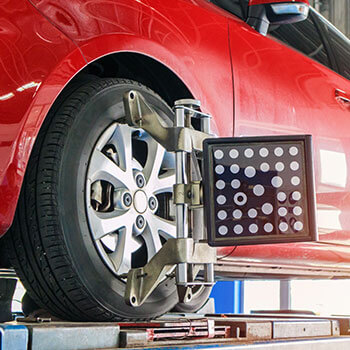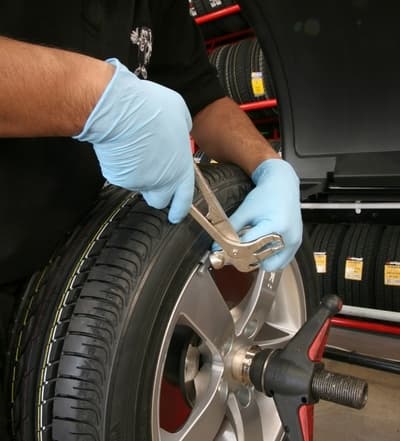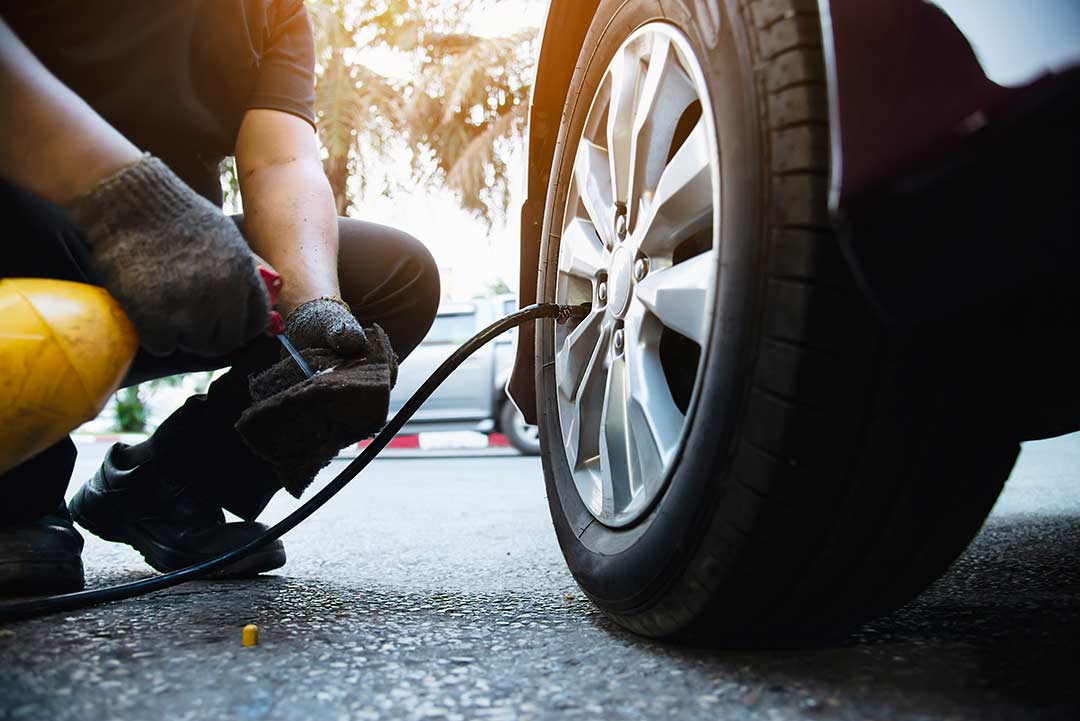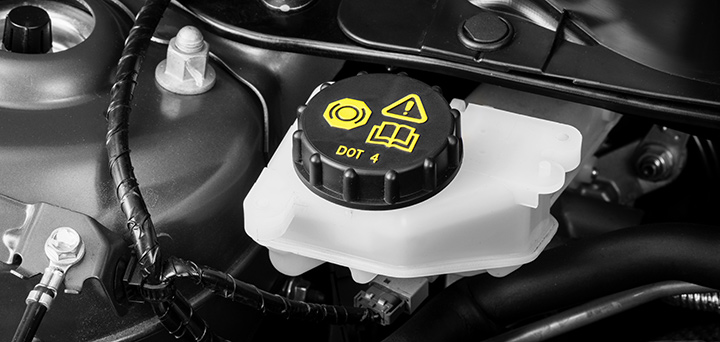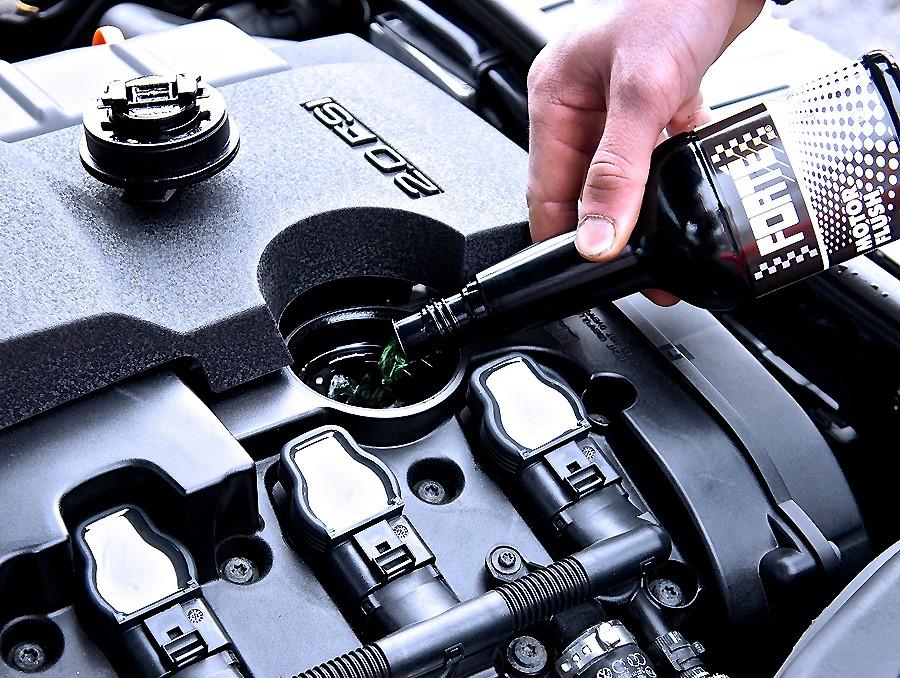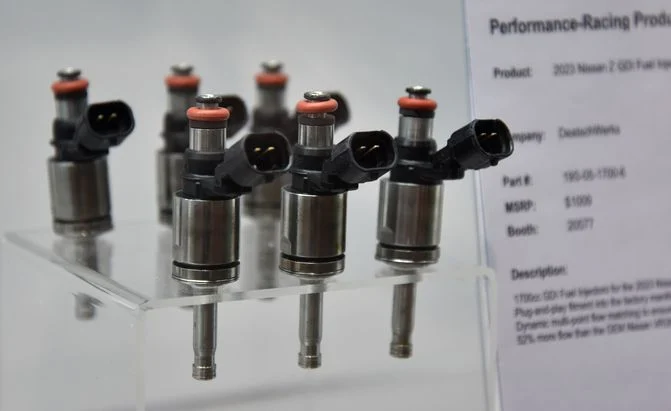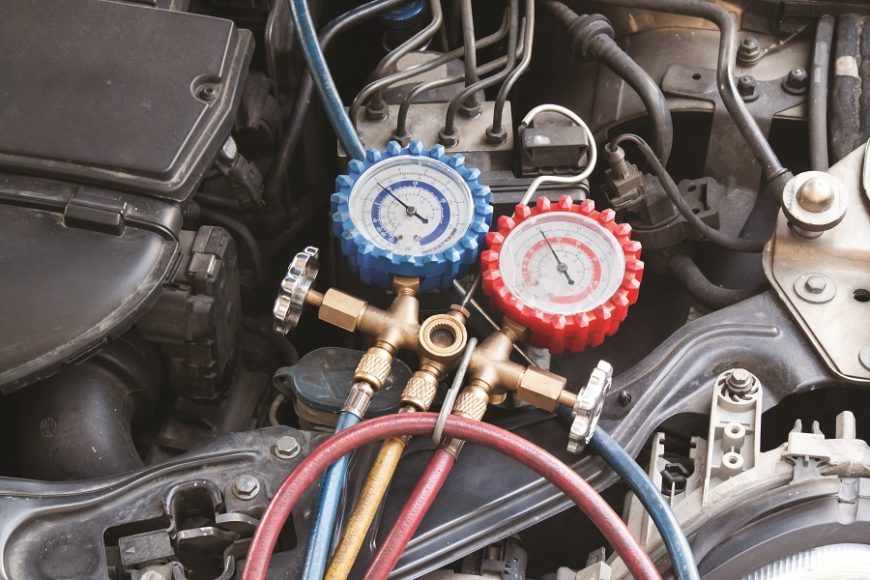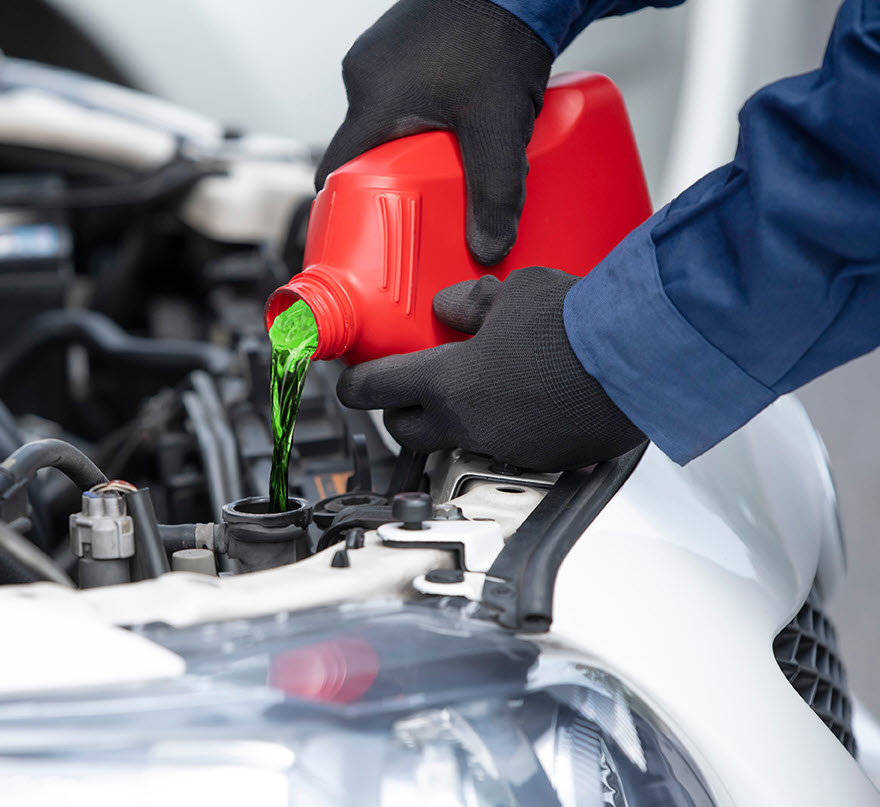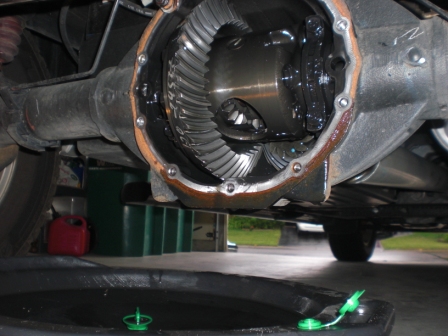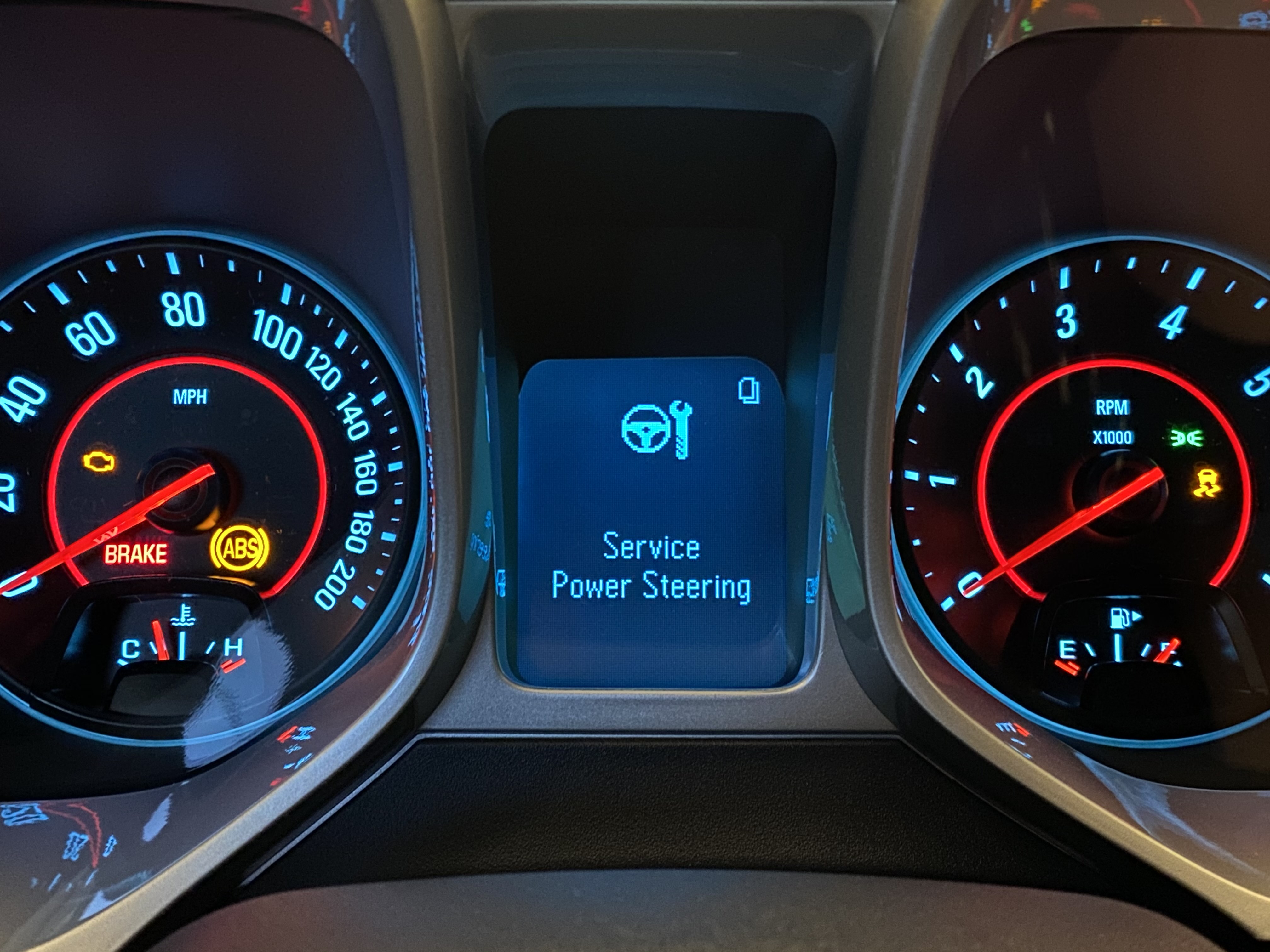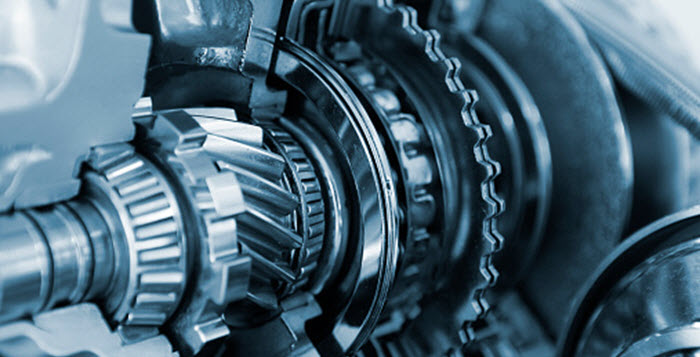Our Services
Tire Change
A Tire Technician is a professional who assesses tread levels and valve quality on tires, checks wear patterns to determine how much life is left in the tire before it needs replacement, and re-treads a vehicle’s tires.
Battery Change
A car battery replacement gives a new life to your vehicle and maximizes its lifespan and yield high performance. By changing the car battery you get rid of frequent battery discharge problems. A good battery gets recharged quickly, the time limit for charging the battery is less as compared to an old battery.
Oil & Filter Change
Changing your oil regularly prevents corrosion in the engine as old oil gets dirty and can do a lot of damage to engine components. Fortunately, most cars come with oil filters that need to be changed at least once a year (or with every service). When changing the oil regularly, the filters won’t get as dirty which helps preserve engine performance. Your engine also contains many key components that require oil for lubrication, including the camshaft, crankshaft and the pistons inside the engine cylinder. To ensure all of these parts function as they should, you need to have clean oil circulating in your engine. If you don’t, you will run the risk of damaging other components while impacting fuel efficiency, emissions and overall performance.
Wheel Alignment
A wheel alignment service makes sure your vehicles' tires remain properly aligned with each other. Having the service done ensures that your vehicle's tires can wear evenly and drive straight on the road to maintain optimal handling when you're at the wheel.
Wheel Balancing
Wheel balancing helps ensure weight is evenly distributed around the entire circumference of the tire and wheel. It corrects uneven distribution of weight in the wheels, preventing vibration, excessive tire wear, and damage to the suspension.
Nitrogen Filling
The tyres are the only contact patch between your car and the road surface. Hence, they play a vital role in the handling and ride quality of the vehicle. Tyre pressure is one of the factors that impact the physical condition of the tyres. If you own/drive a car, you must have noticed people filling nitrogen in tyres. So, what is the use of filling nitrogen gas in tyres? Read ahead to find out the answer as we discuss one of the most debated topics amongst car enthusiasts.
Brake Flushing Service
Brake fluid can become an “out of sight, out of mind” vehicle component—we often do not think of it until something goes wrong. However, your brake fluid is working hard every day to keep you safe on the road. Over time, it can become burnt out, depleted, or contaminated, which will prevent proper brake functioning. Be on the lookout for these 5 signs you are due for a brake fluid flush.
Soft, Bouncy, or Spongy Brake Pedal
When you press on your brake pedal, does it feel soft, spongy, loose, or even bouncy? Do you have to push the brake pedal all the way to the floor before it slows and stops your vehicle? This is a sign you need a brake fluid change.
Low brake fluid will cause air to fill the gaps in your brake line—leading to soft brakes. Spongy brake pedals can be both terrifying and dangerous—especially if you do not get them serviced at the first sign of an issue.
Low brake fluid will cause air to fill the gaps in your brake line—leading to soft brakes. Spongy brake pedals can be both terrifying and dangerous—especially if you do not get them serviced at the first sign of an issue.
ABS Dashboard Light
The ABS dashboard light indicates an issue with your anti-lock braking system. This system stops your wheels from locking up during braking to prevent skids and maintain traction. Low brake fluid automatically turns on the ABS system to help keep your vehicle stopping safely.
Ineffective Braking Performance
Your brakes should be quick and responsive to help you stay safe in an emergency. Any delays or difficulties while slowing or stopping your vehicle is a sign that your brakes need servicing. Such issues could be the sign you need a brake fluid flush.
Other possible culprits include warped rotors, worn brake pads, or an issue with another brake system component. Ineffective braking could also be caused by an underlying problem, such as worn tire tread, shocks, or struts. A professional can check your brake system and tell you which service you need to restore brake performance.
Other possible culprits include warped rotors, worn brake pads, or an issue with another brake system component. Ineffective braking could also be caused by an underlying problem, such as worn tire tread, shocks, or struts. A professional can check your brake system and tell you which service you need to restore brake performance.
Strange Noises or Smells when Braking
If you notice strange sounds when you are braking, this could be caused by low brake fluid or another brake system issue. Common sounds include scraping or grinding noises.
Burning smells after hard braking could mean that you have burnt-out brake fluid. In this case, you should pull over your vehicle into a safe place and give it time to cool down. You should also contact a local mechanic for insight and schedule a service visit. Driving with burnt brake fluid could create more serious issues—including brake failure.
Burning smells after hard braking could mean that you have burnt-out brake fluid. In this case, you should pull over your vehicle into a safe place and give it time to cool down. You should also contact a local mechanic for insight and schedule a service visit. Driving with burnt brake fluid could create more serious issues—including brake failure.
Routine Maintenance for Brake Fluid Flushes
When all else fails, you can fall back on your recommended maintenance schedule for brake fluid replacement. On average, you will need a brake fluid flush every 2 years or 30,000 miles.
Routine maintenance also heavily depends on your driving patterns. For example, if you tend to drive shorter routes with frequent braking, you may need more frequent brake fluid flushes. You can check your owner’s manual for any brake fluid information specific to your vehicle.
Routine maintenance also heavily depends on your driving patterns. For example, if you tend to drive shorter routes with frequent braking, you may need more frequent brake fluid flushes. You can check your owner’s manual for any brake fluid information specific to your vehicle.
Brake Fluid Flushes
Still unsure if you need a brake fluid flush? Bring your vehicle to QuickFix service center. Or better yet, our mechanics will come to you with our pick-up and delivery service. We will replace all of your old, dirty, and depleted brake fluid to restore your brake functioning.
Our mechanics proudly serve the greater in QuickFix service center.
Our mechanics proudly serve the greater in QuickFix service center.
Engine Flushing
An engine flush can clear out those deposits to open narrow oil passages clogged by gunk that's been floating around in the oil. Releasing those deposits and allowing the oil to flow freely saves wear and tear on the engine and keeps parts moving as they should.
Fuel Injector Flushing
Routine car care is pretty simple. You get your tires rotated, your oil changed, your brakes done, and your battery checked as needed (and the techs at QuickFix can get you on a service schedule to make it even simpler). However, sometimes car ownership throws out-of-the-ordinary car care elements at you. Today we’re walking you through a necessary auto service appointment that’s not in the ordinary routine – fuel injector flushes.
What is a fuel injector flush?
Before you can understand what a fuel injector flush is, you need to know what a fuel injector is and its purpose in the grand scheme of things. Basically, the fuel injector is a pressurized valve that pushes fuel into the engine so your car can run. Since they’re used often, over time they tend to collect grime, dirt, and soot, which can lead to an air-fuel mixture imbalance in your engine. Basically, less gas is able to get through to the engine, or gas is pushed through unevenly, which leads to performance problems and reduced fuel efficiency (which means more money spent at the pump).
However, an easy way to remedy this is to get a fuel injector flush at QuickFix! During this auto service appointment, our techs will flush out your fuel injectors and fuel system with special chemicals. This will remove the dirt, debris, and other buildup that’s accumulated in the system and also get rid of any corrosion that may be there.
The benefits? You can get better gas mileage out of your car, reduce emissions to make your performance cleaner, and prolong the life of your vehicle in general.
So how do you know if you need to schedule a fuel injector flush at QuickFix? Here are the main signs you may need this car care appointment on your calendar:
However, an easy way to remedy this is to get a fuel injector flush at QuickFix! During this auto service appointment, our techs will flush out your fuel injectors and fuel system with special chemicals. This will remove the dirt, debris, and other buildup that’s accumulated in the system and also get rid of any corrosion that may be there.
The benefits? You can get better gas mileage out of your car, reduce emissions to make your performance cleaner, and prolong the life of your vehicle in general.
So how do you know if you need to schedule a fuel injector flush at QuickFix? Here are the main signs you may need this car care appointment on your calendar:
- Your car is stalling out when you’re stopped at a light or in slow-moving traffic.
- You have a rough idle (your car sputters and shakes when it’s running but you’re not in motion).
- Your fuel efficiency has dropped below what it should be. This is because your car will try to push more fuel into the engine to accommodate the problem, and ends up using more gas than it should.
- Your RPM needle is moving erratically – it jumps up and down without warning and for no reason.
- Your engine is misfiring. This is when you hit the accelerator and instead of moving faster, your car sputters or takes more time than it should to pick up speed.
- You’ll be able to rule out other issues. Fuel injector flushes can be diagnostic, ruling out other (more expensive) problems that might be causing similar symptoms in your car’s performance.
AC Service
During the hot summer months, having a functioning car air conditioning system is essential in keeping you and your passengers comfortable. To ensure your car’s air conditioning system operates efficiently during the year’s hottest months, it is crucial to keep up with regular air conditioning system maintenance. Check out these five benefits of regularly maintaining your car’s air conditioning system.
Ensure Optimal Performance
Failure to maintain your auto air conditioner on a regular basis may trigger other issues and lead to a decrease in your car’s performance. Refrigerant leaks and dusty air filters are among common problems your AC system could face. Having a certified technician check your car’s AC on a regular basis ensures it works optimally by fixing any emerging issues.
Minimize Costly Repairs
By keeping up with routine auto air conditioning maintenance, you can minimize your expenditures in the long run. Maintenance costs are often lower than when your car’s air conditioning system breaks down completely.
Foster Good Air Quality
Your car’s air conditioner not only cools the inside of your vehicle but also cleans the air and regulates humidity. When your car’s AC system is not functioning correctly, the circulating air in your car could be filled with dust and other contaminants. Maintaining your car’s AC system ensures you and your passengers breathe fresh, cool air.
Better Fuel Economy
When temperatures rise and your car’s AC isn’t working, the sole solution is opening windows to let in cool air. However, opening the windows can increase the vehicle’s drag, causing your car to actually use more fuel. Maintaining your vehicle’s AC system helps to ensure better fuel economy.
Maintains Your Car’s Value
In order to retain your vehicle’s value, it is important to ensure all parts are functioning properly and as efficiently as possible. Therefore, maintaining your car’s air conditioning system plays a critical role in preserving your car’s value.
Cooling Service
There are several different car care tasks, and cooling system maintenance is one of the most important. Your engine is composed of hot metal parts; the coolant absorbs the generated heat and prevents the engine water from boiling. It also prevents the metal parts from rusting. Over time, your coolant can accumulate contaminants that can build up. Contaminant build-up can cause your vehicle to overheat and struggle to power the air conditioner. A coolant flush resolves this issue by pushing four to five gallons of antifreeze through the cooling system to flush it out. Most vehicles can benefit from a coolant flush at least once a year. If your vehicle overheats and the coolant is low and discolored, it's time to have your vehicle serviced. Coolant flushes have several significant benefits to your vehicle's health; below are three ways coolant flushes boost your vehicle's efficiency.
It removes all rust, deposits, and contaminants
Rust and deposits can build up within the cooling system and cause overheating or significant damage. During a coolant flush, new coolant is washed through the system to remove all harmful scale deposits
It increases the lifespan of the water pump
Removing old antifreeze and replacing it with new fluid not only restores the life of the water pump but extends its lifespan. Coolant has essential additives that can deteriorate over time. New coolant has fresh additives that can help lubricate the water pump and run at its highest capacity.
The opportunity to have your cooling system inspected
A coolant flush allows the automotive experts to inspect the cooling system. This inspection can check for leaks and any other problems that may cause problems in the future.
Differential Service
A process to drain the old, contaminated fluid and replace it with new differential fluid.
Power Steering Service
When it comes to maintaining your vehicle, power steering service is one of the most important services you can invest in. Taking care of your power steering system is important for both safety and performance. This article will discuss the benefits of regular power steering maintenance, as well as some tips for ensuring that your power steering is in peak condition.
Why Regular Power Steering Maintenance is Important
Like all parts of a vehicle, the power steering system can become worn over time. Regular maintenance can help to keep the system in optimal condition by identifying and fixing any potential problems before they become severe. Here are some of the key benefits of regular power steering maintenance:
- Improved Safety: The power steering system is a critical component of your vehicle. If it fails, steering your car can become incredibly difficult, putting you and other drivers at risk. Regular maintenance can help to ensure that your power steering system is always in good working order.
- Increased Efficiency: The power steering system also helps you to maneuver your car more easily. When it is not well-maintained, it can become less efficient, leading to a less comfortable driving experience. Regular maintenance can help to keep your power steering system running smoothly and efficiently.
- Improved Performance: A well-maintained power steering system can help your car to perform better overall. By ensuring that the system is in peak condition, you can help to improve the overall performance of your vehicle.
Tips to Keep Your Power Steering in Top Condition
In addition to regular maintenance, there are a few simple things you can do to keep your power steering system in good condition. Here are some tips to help ensure that your power steering is always in peak condition:
- Check the Fluid Levels: It’s important to check the power steering fluid levels regularly. Low fluid levels can cause the power steering system to work less efficiently.
- Check for Leaks: If you notice any leaks in the power steering system, it’s important to have them addressed as soon as possible. Leaks can lead to serious problems if they go unchecked.
- Check the Hoses: The hoses that connect the power steering system to the rest of the vehicle should be inspected regularly. If they are cracked or leaking, they should be replaced.
- Replace the Belts: The belts that power the power steering system should be replaced regularly. Worn or damaged belts can cause the system to work less efficiently.
Regular power steering maintenance can help to keep your vehicle running smoothly and safely. It’s important to take the necessary steps to ensure that your power steering system is in peak condition. Investing in regular power steering service in QuickFix is one of the best ways to ensure that your power steering system is always in top condition.
Transmission Service
The transmission is one of the most expensive and hardworking components in your vehicle.
Reduces Wear
The transmission fluid ensures that the moving components are well lubricated to minimize friction that causes heat and ultimately wears down the parts. Over time transmission fluid becomes contaminated.
The fluid loses its protective qualities and doesnt effectively cool and lubricate the components, causing wear on the entire system and strain on the engine. Replacing the transmission fluid at the recommended maintenance intervals will reduce friction, ensuring that all the components run smoothly and last longer.
The fluid loses its protective qualities and doesnt effectively cool and lubricate the components, causing wear on the entire system and strain on the engine. Replacing the transmission fluid at the recommended maintenance intervals will reduce friction, ensuring that all the components run smoothly and last longer.
Prevents Overheating
When you take your car for routine transmission checks, the transmission fluid will be topped off to the proper level or replaced if necessary. This will ensure that all the parts are well-lubricated to reduce friction and overheating.
Improves Your Gear Function
Old and contaminated transmission fluid that overheats turns into a thick sludgy consistency. The sludgy transmission fluid will clog the gears and prevent the components from moving smoothly. It will become hard to shift gears, and you might even hear horrible noises from the damage caused to the transmission. You dont have to worry about slipping or shifting issues with routine transmission checks. Your gears will be in perfect working condition.
Improves Your Cars Gas Mileage
When your cars transmission is properly working, you will save money on gas. Follow your cars service schedule and factory-recommended maintenance intervals, and ask QuickFix technician to perform regular transmission inspections and transmission fluid replacements. A well-maintained transmission will reduce the strain on components and ensure that your engine runs at its best, saving you cash at the gas pump.
Saves You Money on Repairs
A transmission consists of many moving components, and when something goes wrong, it could cost you a lot of money to repair. Routine transmission checks from a qualified QuickFix technician will ensure that minor problems are detected early on and repaired before more damage occurs, preventing high repair costs.
Ensures Your Car Runs Smoothly and Last Longer
When you take your vehicle for regular maintenance to your dealership, the QuickFix technician will inspect every transmission component, check the transmission fluid, and top it off or replace it if necessary.
Routine checks will ensure your cars transmission is in good working condition and running smoothly, and your vehicle will be on the road for longer. The transmission inspections and fluid replacement intervals are in your owners manual, or you can ask your QuickFix technician for information.
Routine checks will ensure your cars transmission is in good working condition and running smoothly, and your vehicle will be on the road for longer. The transmission inspections and fluid replacement intervals are in your owners manual, or you can ask your QuickFix technician for information.

